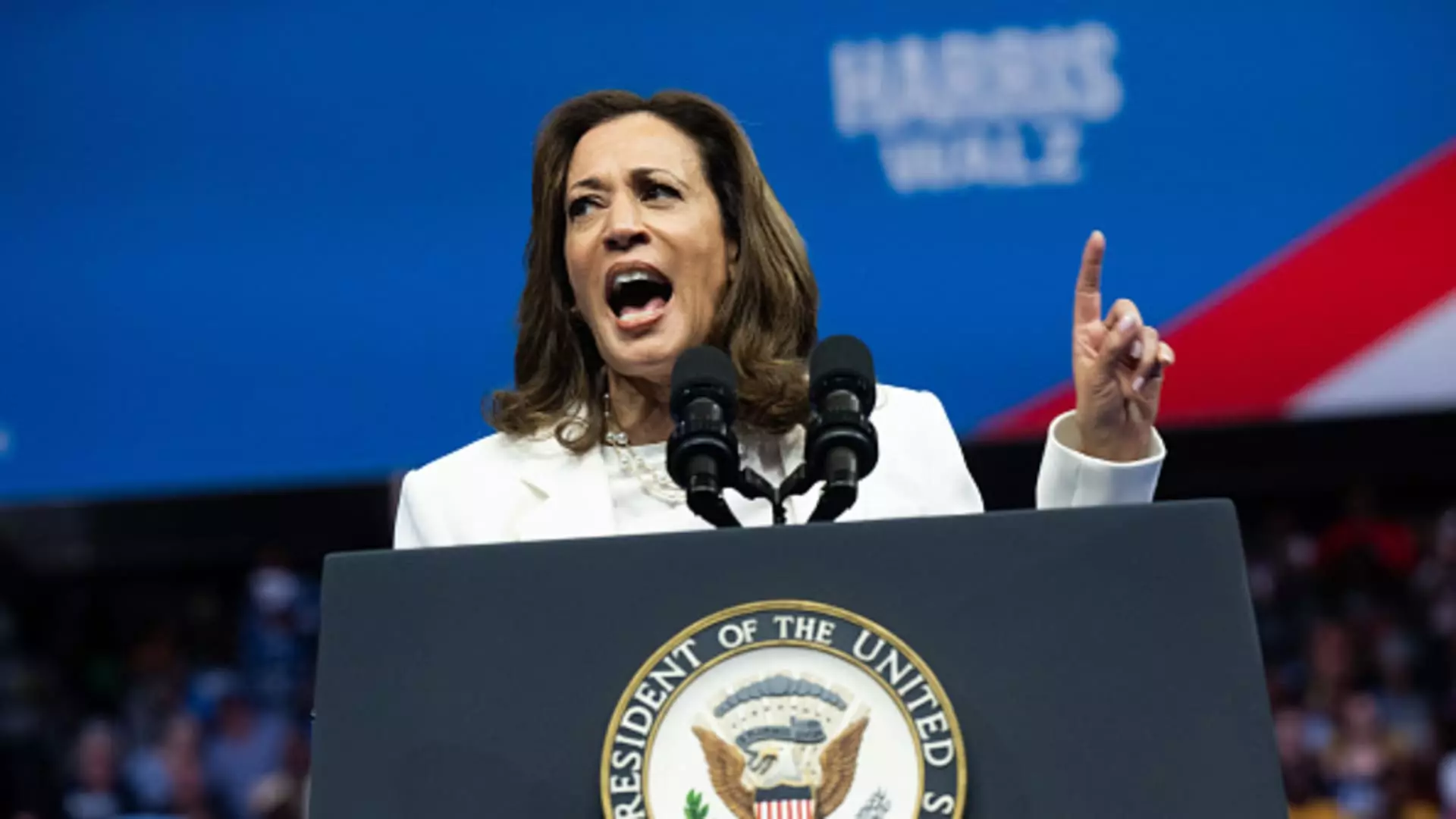Vice President Kamala Harris has recently outlined her economic agenda, which includes higher taxes on wealthy Americans and corporations. One of the key components of her plan is the endorsement of the tax increases proposed by President Joe Biden in his fiscal year 2025 budget. This includes a 25% minimum tax on total income, which would also target “unrealized gains” exceeding $100 million, known as the billionaire minimum tax.
Despite the noble intentions behind the proposed tax plan, experts suggest that Harris’ plan is unlikely to gain traction. This is evident from the lack of political support for similar measures in the past. While Biden has included the billionaire minimum tax in his 2023, 2024, and 2025 fiscal year budgets, Senate Democrats have also pushed for a similar levy in October 2021, yet these proposals have failed to make significant progress.
Moreover, there has been significant pushback from the business community regarding the proposed tax plan. Billionaire entrepreneur Mark Cuban, for instance, has expressed doubt over the feasibility of taxing unrealized gains. He believes that such a move could negatively impact the stock market, ultimately affecting investors and the overall economy.
Policy experts have also criticized certain components of Biden’s proposed tax plan, including the billionaire minimum tax. Erica York, a senior economist and research manager with the Tax Foundation’s Center for Federal Tax Policy, has highlighted the potential challenges associated with implementing such a tax. These challenges include administrative complexities, liquidity concerns, possible gaming of the system, and disputes with the IRS. York believes that the proposed tax plan could end up being unworkable in practice.
Additionally, there are concerns about potential legal challenges that could arise from implementing the billionaire minimum tax. Steve Rosenthal, a senior fellow at the Urban-Brookings Tax Policy Center, has raised the issue of legal uncertainties, especially in light of a recent Supreme Court ruling in June. These legal challenges could further complicate the implementation of Harris’ proposed tax plan, making it even less likely to become a reality.
While the intention behind Kamala Harris’ proposed tax plan is to ensure that wealthy individuals and corporations pay their fair share, the reality is that the plan faces significant hurdles. From lack of political support to pushback from the business community and criticism from policy experts, it seems that the path to enacting this tax plan is riddled with obstacles. As the debate continues, it remains to be seen whether Harris’ proposed tax plan will ever see the light of day.


Leave a Reply